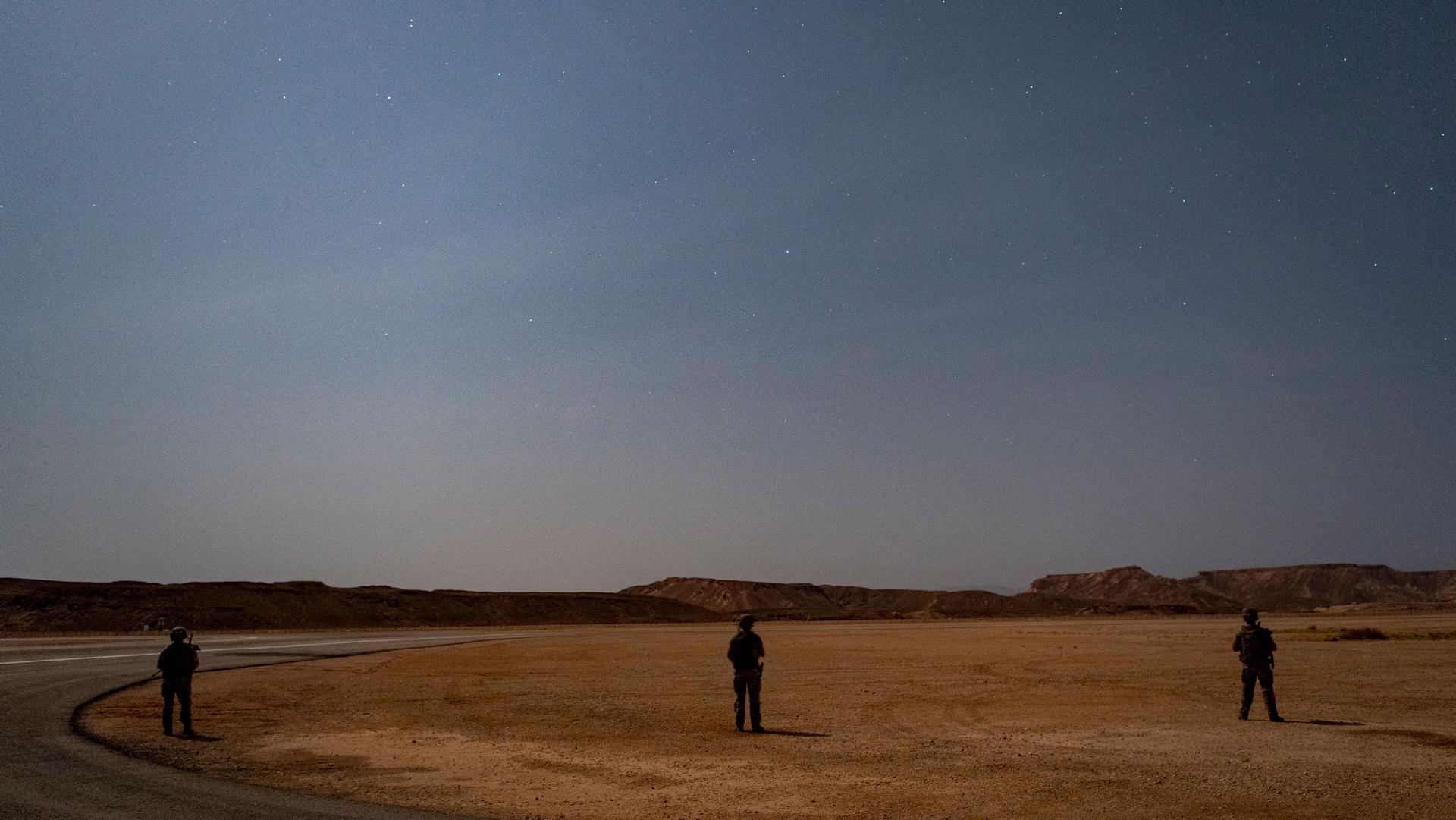United States President Joe Biden has signed off on a plan to send US special forces back to Somalia, reestablishing a small US military presence to provide support for Somali forces in the ongoing fight against the militant group al-Shabab.
“The decision to reintroduce a small but persistent presence was made first and foremost to maximize the safety and effectiveness of our force and enable them to provide better support of our partners.”
“The decision to reintroduce a small but persistent presence was made first and foremost to maximize the safety and effectiveness of our force and enable them to provide better support of our partners,” White House Press Secretary Karine Jean-Pierre said.
The announcement came a day after President Hassan Sheikh Mohamud was newly elected to office following long-delayed elections.
In a statement online, Mohamud thanked Biden for redeploying US troops. Some Horn of Africa analysts, however, have raised questions about the long-term strategy of a US military presence in Somalia.
The decision effectively reverses former President Donald Trump’s move in January 2021 to withdraw hundreds of US troops operating in Somalia.
“I view that as being done more for domestic political reasons in terms of ending these sort of ‘forever wars,’” said Omar Mahmood, a senior analyst with the International Crisis Group, referring to post-9/11 conflicts.
But these troops remained in the region by essentially repositioning to Kenya and Djibouti, Mahmood said.
For years, the US has worked with international partners to establish security in the country, which has faced ongoing terrorist attacks by the al-Qaeda affiliated al-Shabab group.
But during a congressional hearing in March, US Africa Commander Gen. Stephen Townsend warned that the group and others remain a big problem in the region.
“[Al-Shabab] are among the world’s fastest-growing, wealthiest, and deadliest terrorist groups, and remain grave and growing threats that aspire to kill Americans both there and in our homeland.”
“[They] are among the world’s fastest-growing, wealthiest and deadliest terrorist groups, and remain grave and growing threats that aspire to kill Americans both there and in our homeland,” Townsend said.
In 2020, al-Shabab fighters attacked a military camp used by Kenyan and US troops in Kenya, killing three Americans.
They’ve continued to wreak havoc in Somalia, attacking civilians and soldiers alike.
The US has been training an elite Somali special forces team to counter the group, but the repositioning of US troops meant that trainers now had to fly in and out of the country, Mahmood noted.
“I think it impacted [the elite training] because they weren’t there day-to-day on the ground,” he said.
Related: After months of fighting, Ethiopia’s Amhara region tries to recover from war
Mahmood raised a question about the US’ long-term goals in Somalia.
“Maybe you can kind of put a little bit of pressure and have some tactical success against the group. But where is the strategic endgame there?”
“Maybe you can kind of put a little bit of pressure and have some tactical success against the group. But where is the strategic endgame there?” he said.
Despite large financial and military resources from international partners over the years to help combat al-Shabab, the militant group continues to control large swaths of territory in rural central and southern Somalia.
“Yes, they are an actor that engages in terrorist violence as well, but they are also a governing actor that operates on the ground, that has relationships, that has control in areas where the federal government just hasn’t been able to penetrate,” Mahmood said.
He said there’s increasing recognition that a military defeat of al-Shabab isn’t possible, and that officials will need to look for alternatives — which might include a negotiated settlement.
But before any resolution can be found, Somali officials need to come together following a volatile year of delayed elections and clan clashes.
“The environment in Somalia is so divisive, it’s become so polarized. This election has exacerbated that,” Mahmood said. “Without focusing on that first, I think it’s going to be very hard to make progress on other fronts,” like security.
